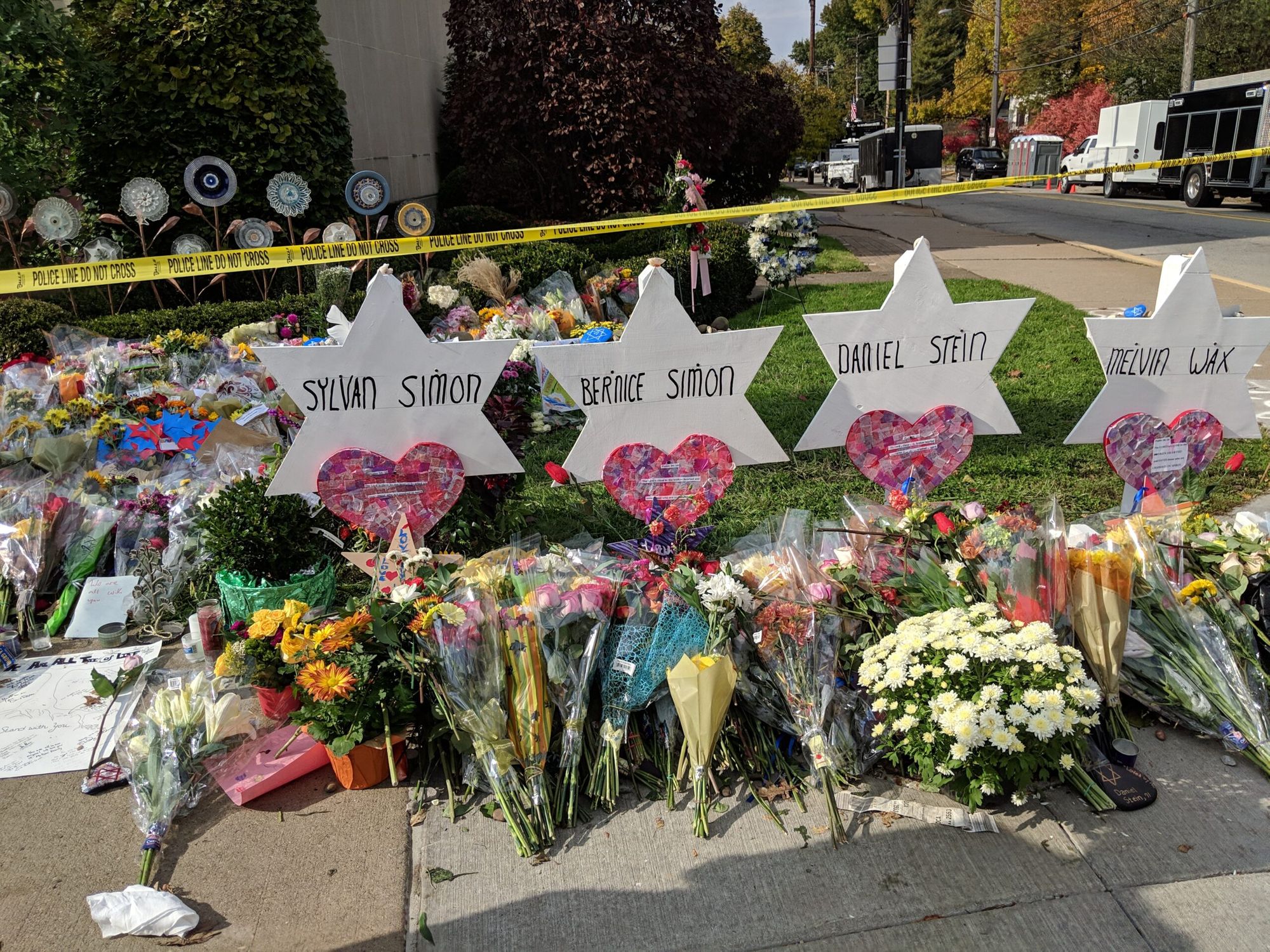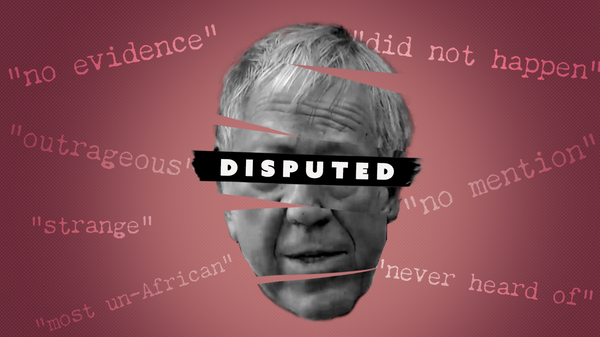B’nai Brith Canada, which describes itself as “the country’s oldest independent Jewish Human Rights organization,” releases an “Audit of Antisemitic Incidents” each year.
The organization claims that it “serves as the authoritative document on antisemitism in Canada” and is “regularly cited by media outlets, public officials, NGOs, and government bodies.” Yet the annual audit has also been critiqued by some Jewish people.
In April, Independent Jewish Voices Canada released a study by Sheryl Nestel called “The Use and Misuse of Antisemitism Statistics in Canada.”
Nestel argues there are numerous issues with B’nai Brith’s audit, such as an “inclusion of criticism and/or attacks on Israel” and a “lack of methodological transparency.” She concludes that the audit’s “obsessive focus on anti-Israel incidents and their constitution as antisemitism deflects attention from the real threats to Jews in Canada which, as in the U.S., appear to be emanating mostly from the white supremacist right.”
Nestel appears to believe that this flawed perception of antisemitism extends to the media, stating, “It is truly concerning that [B’nai Brith’s] claims are uncritically received and recirculated by media outlets.”
In order to get a better idea of whether this is true or not, I compared opinion and editorial articles written about antisemitism in the three weeks following two events: the October 2018 mass shooting at the Tree of Life synagogue in Pittsburgh, and the start of Israel’s bombardment of Gaza on May 10 this year.
I focused on articles from the National Post and Toronto Sun because they are the two flagship papers at Postmedia, which is Canada’s largest newspaper chain. Postmedia owns a greater share of Canada’s newspaper market than any other company — controlling 28 per cent — and National Post and Toronto Sun articles are often published at multiple publications in the chain, making them particularly important.
I chose the first event as it is a horrific example of antisemitism from the “white supremacist right,” and the deadliest antisemitic attack in U.S. history, with the gunman killing 11. I chose the second event because this time period saw massive pro-Palestine gatherings, and there tends to be claims of increases in antisemitism when people demonstrate against something Israel has done.
To be transparent, as a non-Jew, the Pittsburgh synagogue shooting seems like the most concerning sort of antisemitic incident. It was at a place of worship, Jews were killed en masse simply because they were Jews and they were killed by an adherent to a political movement that was responsible for the majority of terror attacks in the U.S. last year, and admires the main government behind the Holocaust, the deadliest anti-Jewish crime in history.
Meanwhile, an examination of reported acts of antisemitism in the weeks following Israel’s bombardment of Gaza reveals that none were deadly, the majority weren’t violent (which doesn’t mean they aren’t serious, of course), and many were examples of pro-Israel people fighting with pro-Palestinians, not Jewish people attacked for being Jews.
As such, I expected to see more discussion of antisemitism in the editorial pages at the National Post and Toronto Sun in the three weeks following the synagogue shooting. I was wrong.
The Post and the Sun published 11 opinion or editorial articles discussing antisemitism in reference to the Pittsburgh synagogue shooting in the three weeks after it happened. Meanwhile, they published 15 articles about antisemitism in reference to the pro-Palestine protests that took place in the three weeks after Israel began bombing Gaza. Both numbers account for roughly the same percentage of total opinion and editorial articles published during that period. (The Toronto Star, for comparison, published significantly more articles about antisemitism following the Tree of Life shooting than during the Palestine protests)
Of particular interest to me was the nature of the 11 articles published at the Post and Sun after the Pittsburgh shooting. The shooter was a white supremacist. His actions weren’t motivated by a concern for Palestinians, but rather a hatred of Jews and adherence to far-right ideology. In fact, he was also incredibly Islamophobic, and the population of Palestine is about 98 per cent Muslim.
Despite this, six of the 11 articles responding to the Pittsburgh shooting at least mentioned supposed antisemitism from pro-Palestinians. In some of these cases, discussion of BDS and pro-Palestinians took up significant chunks of the article. Here are a few examples.
Discussion of issues related to Palestine made up 40 per cent of an October 28 editorial from the Toronto Sun. The article claims that “hatred against Jews is flourishing, disguised as ‘new anti-Semitism.’ It’s coming from the growing numbers of groups and individuals that mask hatred as legitimate criticism of Israel.”
Thirty-eight per cent of an October 29 Toronto Sun article by Lorrie Goldstein focuses on issues related to Palestine. Despite spending more time on Palestinians than Nazis, Goldstein writes, “So, yes, let’s demand that Trump denounce neo-Nazis, the KKK and white nationalism. As long as we equally denounce the modern-day delegitimization of the Jewish state of Israel that today comes primarily not from the extreme right, but the far left.”
In another example, 29 per cent of an October 30 Toronto Sun article by Tarek Fatah focused on issues related to Palestine. Fatah writes, “Today, Jew hatred is camouflaged under the guise of solidarity with Palestinians. There is hardly a university campus in North America where the left has not made common cause with right-wing Islamists. Instead of exposing themselves as the Jew haters that they are, they target Israel, not ordinary Jews.”
Strangely, while Fatah is quick to smear university students as “Jew haters,” he refers to the synagogue shooter as only “an alleged anti-Semite” and says his actions “cannot be easily explained.”
As a reminder, all of these articles were written mere days after a white supremacist, with no connections to the Palestine solidarity movement, mass murdered Jews at a synagogue.
I’m sure these writers would argue that it’s important to implicate all forms of antisemitism at all times, not just one. While I certainly don’t agree with how they lump groups together as antisemites, I’ll take this as true. Yet it still doesn’t explain these articles.
For example, these articles tend to stress that there are different types of antisemitism. Yet the white supremacist sort had just killed 11 people, so why wouldn’t that be the main focus? If these writers are concerned about antisemitism in all its forms, why would 45 per cent of the articles not mention the shooter was a white supremacist, or discuss his ideology, at all?
Moreover, if these writers find it important to condemn and investigate all forms of antisemitism at all times, surely the articles responding to the pro-Palestine protests this May would mention the far-right and neo-Nazis?
So you’d think. But 12 of the 15 opinion or editorial articles discussing antisemitism published in the three weeks after Israel began bombing Gaza either didn’t mention the far-right at all, or portrayed them as a bygone threat to Jews despite the fact that they were behind the synagogue shooting less than three years prior and many incidents since.
For example, a May 25 National Post article by B’nai Brith CEO Michael Mostyn doesn’t mention the far-right or neo-Nazis at all.
Mostyn writes that “there is a failure by many to acknowledge a basic truth: that the anti-Israel movement in Canada has become one of the largest, if not the largest, engine of Jew-hatred in this country.”
He also claims that, “Over the past two decades, tens of thousands of Jews have fled France due to out-of-control anti-Zionism and society’s reluctance to address it. Some of those French Jews thought they had found refuge in Canada, particularly in Quebec — but what are they to think given what they are now seeing?”
This is not to say these writers aren’t concerned about antisemitism from neo-Nazis, haven’t written about it at other times or don’t fight against it, but rather just that most of them chose not to write about it in these time periods at these publications.
With all of this in mind, I believe Nestel is right. The “obsessive focus on anti-Israel incidents” Nestel attributes to B’nai Brith extends to these Postmedia outlets (though not necessarily because of groups like B’nai Brith), and this “deflects attention from the real threats to Jews in Canada which, as in the U.S., appear to be emanating mostly from the white supremacist right.”
When examining these results and the publications’ opinion coverage of the events as a whole, it appears that they not only equate anti-Israel sentiment with antisemitism, but that they’ve effectively positioned the former as a greater threat to Jewish people than the latter.
How else can you explain spending more time discussing antisemitism in the midst of protests against Israel than after the deadliest attack against Jews in North American history?








Member discussion